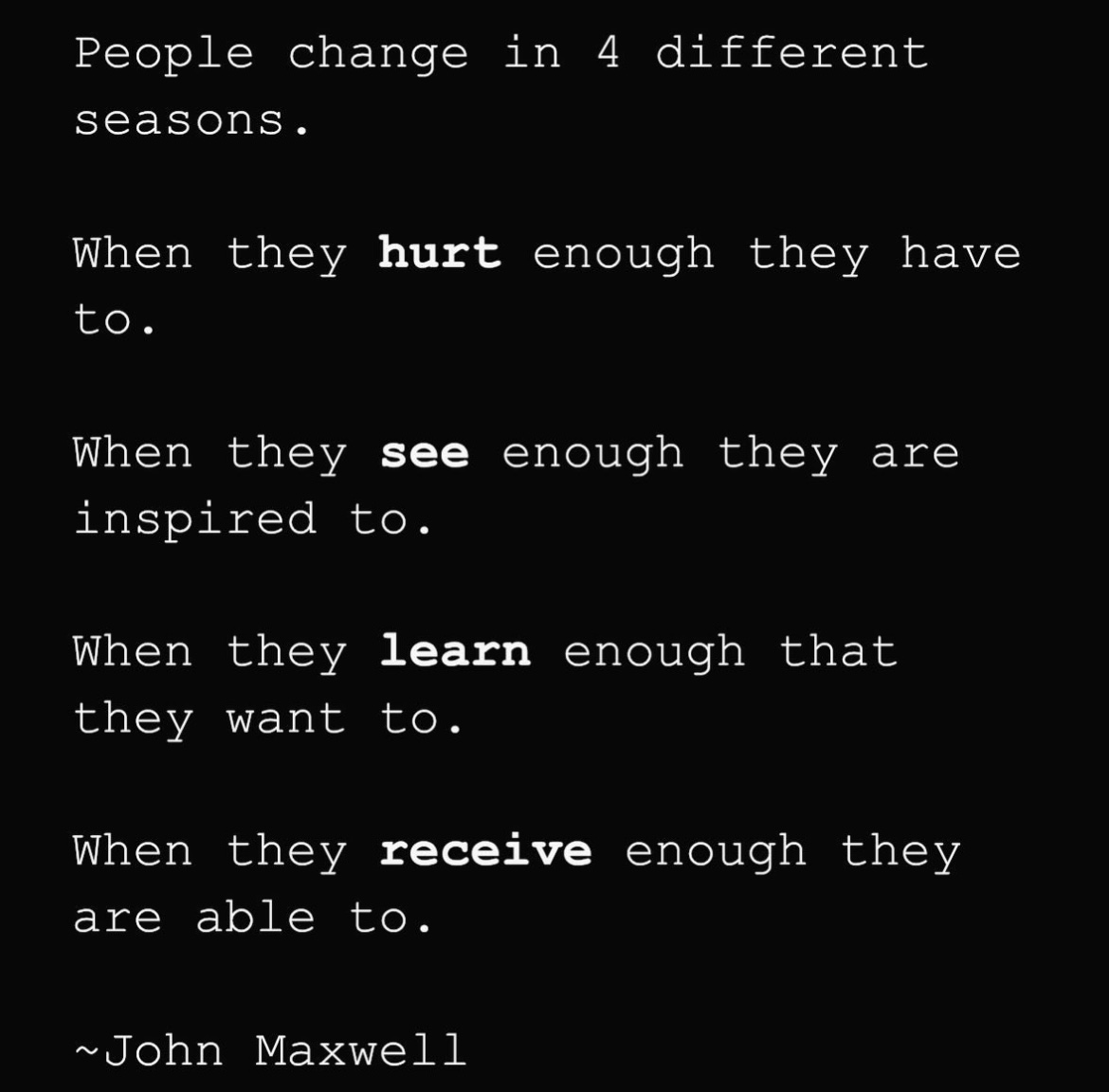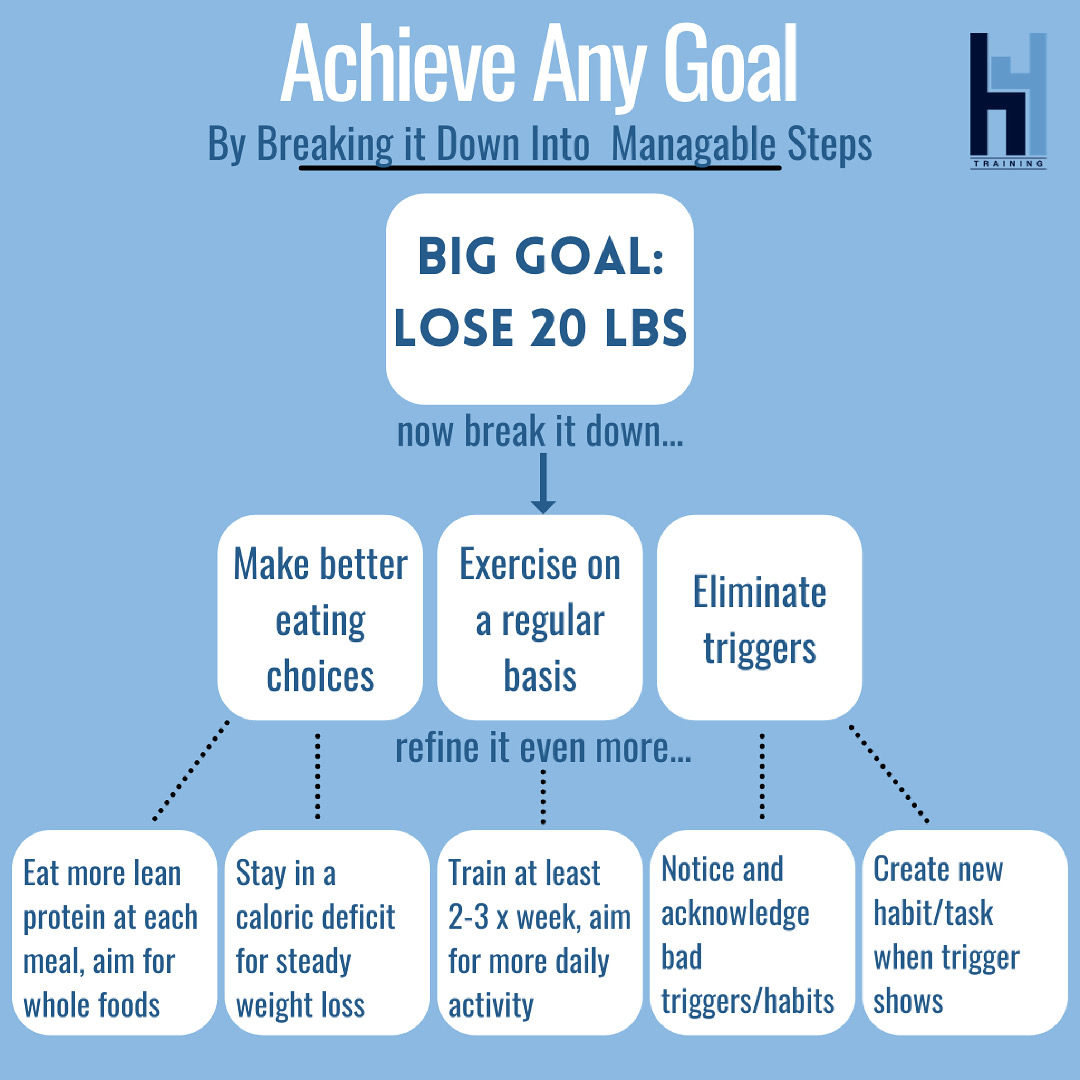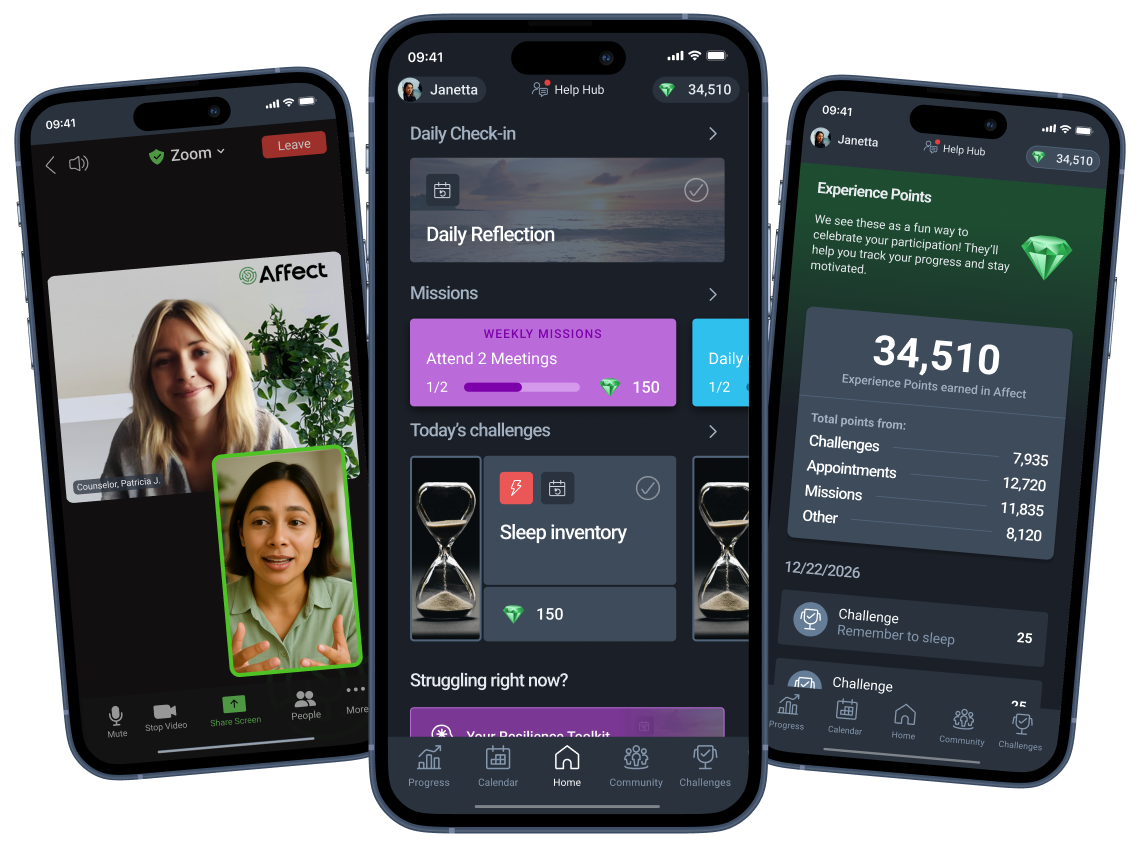Transforming Your Life: Building Healthy Habits to Replace Unhealthy Ones
Forming new, healthy habits to replace old, negative ones is a transformative journey toward a better, more fulfilling life. It’s a foundation of the recovery journey from alcohol and drugs to a happy life we control.

Whether it’s quitting drugs and alcohol, adjusting lifestyle choices, or enhancing mental health, this process demands dedication, time, and understanding. Drawing insights from experts like Nir Eyal and James Clear, research from the National Institutes of Health (NIH), Psychology Today, and other credible sources, let’s explore how to establish and sustain these positive changes.
What is a habit?
A habit is a routine of behavior that is repeated regularly, generally without even thinking about it. It’s something you do automatically that’s become part of your subconscious: an action or activity, a way of thinking, a way of coping. Habits can form without an intention, but they can also be deliberately formed and also eliminated.
Routines are made up of a three-part “habit loop,” which is a cue, a behavior, and a reward. As they become automatic, routines and behaviors turn into habits that can be either good or bad for your physcial and mental health.
The habit loop is found in addiction as withdrawal, anticipation, and intoxication. Something is addictive when you depend on something to feel normal, or you can’t stop doing it even though it is causing damage to your life.
Understanding habits and changing them
Nir Eyal, a prominent author and expert in behavioral design, emphasizes the significance of understanding habit formation. According to Eyal, habits are actions triggered by specific cues and reinforced by rewards. Breaking away from unhealthy habits involves replacing these routines with healthier alternatives.
Eyal shows how all human behavior is motivated by one thing: avoiding discomfort. Our habitual behaviors are primarily things we use to cope with our bad feelings and get things that feel good. When the thing we’re using to cope becomes worse than the thing we’re using it to cope with, we need to change our behavior. While it can be uncomfortable to form a new habit and replace it with a new one at first, persistent and consistent repetition makes it happen. Over time, a new habit requires less and less willpower to do it. It starts as an intention, it becomes a practice, and when it is automatic, you’ve formed a new habit.
Research by the NIH indicates that forming new habits varies in duration, ranging from a few weeks to several months. Contrary to the myth of 21 days, the NIH suggests habit formation may take around 66 days on average, but this can vary widely based on individual differences and the complexity of the habit being formed.
In addiction treatment, the standard length of intensive treatment is three months, which gives time to break habits and start forming new ones to replace them. The longer people stay active in their recovery program, their chances of achieving life long sobriety increases. After three years, over 90% of people have lasting recovery. On the other hand, 60-80% of people who go to residential rehab clinics relapse within 30 days of returning home if they do not keep up with their recovery.
When forming a new healthy habit to replace an old harmful one, creating a routine you can stick to is critical to making it work. It has to be developed in a way that fits your life so it works and you can keep doing it. One of the reasons why Affect’s app and program works more than twice as well as rehab clinics or treatment centers is that the care comes right to you. Going out of your way to make the trip to that clinic every day or changing your schedule to go to counseling sessions can be just enough friction to make people stop working on their recovery journey. Because Affect’s program is so convenient and is built on proven science of motivating new behaviors, members engage in their programs four times more than other ones.
The way to break a bad habit is to replace it with a good one. How are healthy habits formed?

Ways to form new healthy habits
Even though our behavior is motivated by common reasons as humans, we are all different people so we have our own ways of acting and thinking. Every recovery journey is similar, but every journey is also personal. Our goals and motivations vary. There is no one size fits all way to form and break a habit. But there are certain things that work for just about everyone.
Create a routine and system
James Clear writes about habits, making decisions, and improvement. His book “Atomic Habits” is a best seller. He contends that all results are the result of habits we form to achieve them. To transform your life, he advises, change your habits by creating systems. Instead of setting a goal, create a system that gets you to your goal and keep doing it until it becomes a habit. He is known for saying “Goals are good for setting a direction, but systems are the best for making progress.”
The seed of every habit is a single, tiny decision and as that decision is repeated, the habit sprouts and grows stronger. Clear expanded the habit loop into four steps: cue, craving, response, and reward. To accompany it, he created four laws of behavior change:
- Make it obvious
- Make it attractive
- Make it easy
- Make it satisfying.


One example of creating a system to develop habits that move us in a direction of a goal is if someone wants to lose 20 pounds. Exercise would be a part of the program, so people need to make a habit of going to the gym or an activity like running. In order to make it more obvious, set out the work out clothes the night before so you see them when you wake up. To make it more attractive, pick a gym that is fun or a running route with great scenery. To make it easy, pick a gym that’s close by or on the way to work. To make it satisfying, you need to feel immediately successful. This could mean not setting out to run too long of a distance at first so you don’t finish and suffer. Instead, take small steps and then advance to bigger ones.
This fourth law taps what Clear calls the cardinal rule of behavior change: What is immediately rewarded is repeated. What is immediately punished is avoided. Making it satisfying increases the odds that you’ll do it again, turning that behavior into a habit. One of the most satisfying feelings is making progress. Using progress trackers is one of the most powerful ways to do this.
Affect’s program is based upon a scientifically proven system of rewards that data and research show are powerful motivators in addiction treatment. The method is known as “contingency management” with treatment professionals – it basically means that an expected reward is given if something is done. In our app, there’s a sober tracker where people mark off their days when they don’t drink or use drugs and get streaks. They get small rewards for these, like earning points in a game. Members of our program can redeem them for real money.

Identity
How we form our identity and choose to identify ourselves to other people has a lot to do with influencing our habits and behaviors. People will say things like they’re a “gym rat” or a “runner” to signify their commitment to exercise as a big part of their identity.
new habits can replace old harmful ones with intention and practice
Eyal discusses how he used something he calls “progressive extremism” to stop eating meat. It isn’t that extreme, it’s really just about picking a word that you start calling yourself. He simply started calling himself a vegetarian, but it did something very powerful… it redefined his identity and how he thought about himself. If you think about how certain religions avoid types of food or drink, our identity helps us make otherwise difficult choices by offloading the willpower we need to do it.
While some people can say things like they’re “addicted” to a show they watch regularly and enjoy, but when it comes to substances there’s a stigma around the words “addict” and “alcoholic.” There’s a great power in these words as well. In AA meetings, people introduce themselves by their first name and will then say they are an “alcoholic,” or a “recovering alcoholic,” or a “grateful recovering alcoholic.” Those words are hard to say, particularly the first time as people admit to themselves that they are no longer in control, but they quickly become a source of power and a new identity as they realize the real rewards of recovery and start learning to love and appreciate themselves.
Being an alcoholic carries baggage, there’s an implication that you’re weak or abnormal. Some people will say they’re “alcohol free.” Saying you’re in recovery is different. Saying you’re sober is even more different. It’s an expression of power and a display of your strength to change. Alcoholics drink uncontrollably. People in recovery just don’t drink and that’s all there is to it.


Methods for building new habits in recovery
The biggest thing to do in overcoming a habitual use of a substance is to pause and get in between the habitual reaching for that drink or drug. Every recovery journey involves identifying the triggers that drive us to alcohol and drugs and start to develop strategies to cope and manage them.
For some things, it’s possible to avoid them. For example, getting all of the alcohol and glassware out of the house is a big part of an early sobriety journey to resist easy access and temptation. But for the long term, it isn’t really possible to avoid alcohol completely. Restaurants have bars, there are liquor stores on all the street corners. Recovery isn’t about just about being dry, it’s about managing all the things that make us want to drink to avoid those discomforts so we can lead healthy, happy and full lives.
It’s changing our habits and our thinking that make us feel good for our whole lives. Here are a few tips to sum it all up:
1. Start Small and Specific
Psychology Today suggests beginning with small, manageable changes rather than overwhelming yourself with drastic transformations. For instance, swapping a cocktail for a mocktail or committing to a 10-minute walk can be initial steps towards a healthier lifestyle. A craving lasts 20 minutes, just a pause and a
2. Consistency and Routine
Establishing a routine reinforces new behaviors. Consistently practicing these actions strengthens neural pathways associated with the desired habit. Over time, these actions become more automatic.
3. Use of Rewards and Contingency Management
Reward systems, such as contingency management, have shown effectiveness in habit formation. By rewarding yourself upon successfully adhering to the new habit, the brain reinforces the behavior, making it more likely to be repeated.
4. Seek Support and Professional Help
Quitting addictive substances like drugs or alcohol often requires professional assistance. The NIH recommends seeking therapy, counseling, or joining support groups to navigate the challenges of addiction.
An app that changes everything
Understanding the complexities of habit formation and addiction is crucial to lasting recovery and it leads to a better life overall.
Can an app really help you change your habits and break addiction?
Sure. Just think about all the stories that talk about how addictive phones, social media and games are. They give you dopamine and keep you hooked on them. There are lots of stories that show things like social media can make people feel bad about themselves and lower their self esteem.
But that’s like blaming a street corner for having a liquor store or a drug dealer on it. You can take a run on the street and not buy the alcohol or drugs when you break the bad habits behind the addiction.
With the power of technology and behavioral science, Affect’s app is like retraining your social media feed from showing you toxic and upsetting things to showing you inspiring, happy, and healthy things that guide you to a better life one step at a time and rewarding you all the way.
We empower ourselves and make progress with actionable steps, like setting achievable goals, seeking support, and celebrating small victories. We beat addiction by understanding that the process itself is the cure.
Forming new, healthy habits to replace old, unhealthy ones is a journey that requires patience, commitment, and support. Understanding the mechanisms behind habit formation, seeking professional help when needed, and implementing effective strategies like rewards and contingency management can significantly aid in this transformative process.
By embracing change one step at a time and acknowledging that setbacks are a part of the journey, people can move towards a brighter, healthier future. It’s rightly said that there’s a cure for addiction, but it only lasts for one day so we do it one day at a time.
Remember, each positive choice made today contributes to a better tomorrow.



